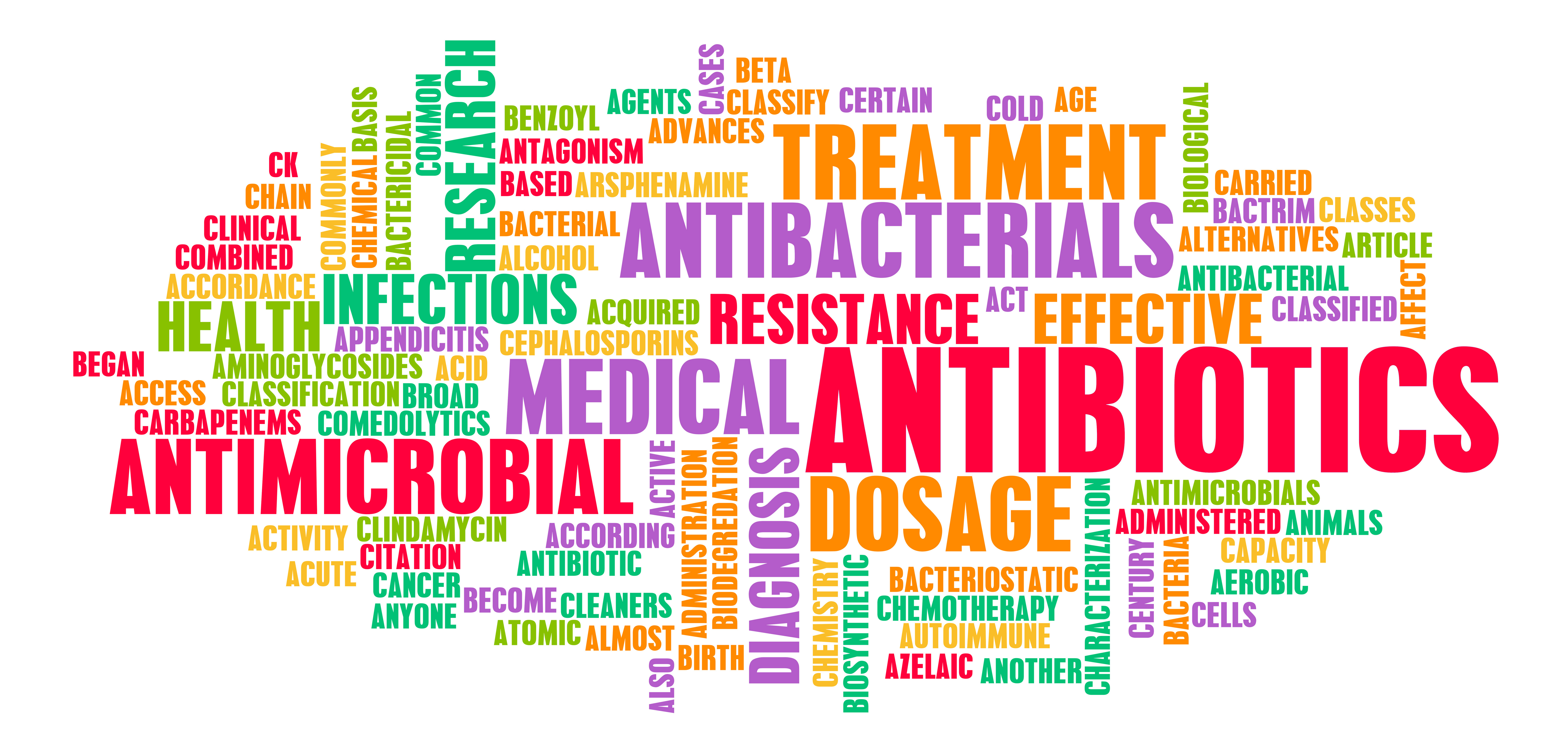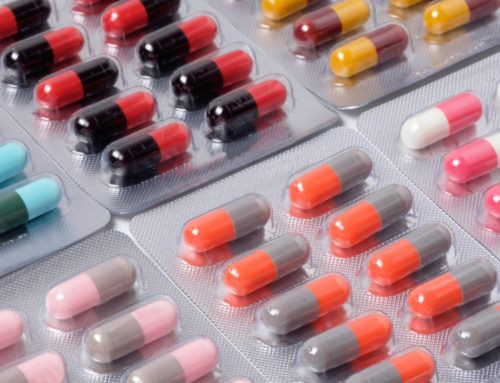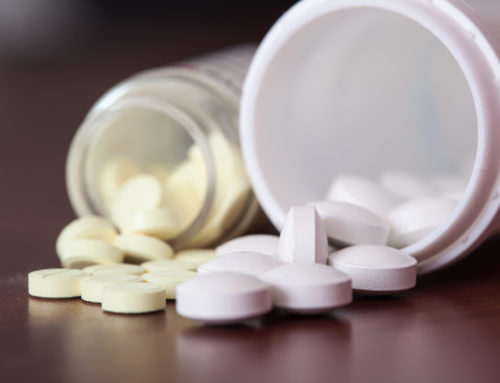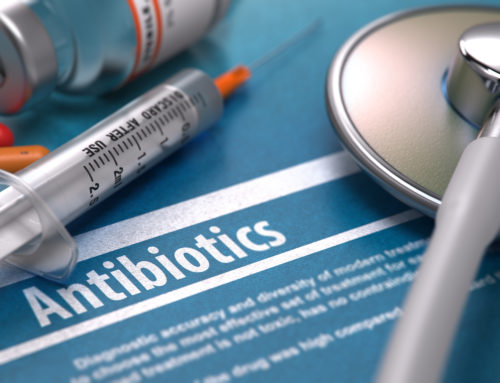NHS England has launched the world’s largest healthcare incentive scheme for hospitals, family doctors and other health service providers to prevent the growing problem of antibiotic resistance.
Launched against the backdrop of the International Patient Safety Conference taking place at Lancaster House in London today, funding will be made available to hospitals and other providers that reduce the inappropriate use of antibiotics.
Antibiotic resistance is one of the most significant threats to patients’ safety worldwide and is driven by overusing antibiotics and prescribing them inappropriately. Infections with antibiotic-resistant bacteria increase levels of disease and death, as well as the length of time people stay in hospitals. As resistance in bacteria grows, it will become more difficult to treat infection, and this affects patient care.
The World Health Organisation has estimated that antimicrobial-resistant infections currently claim at least 50,000 lives each year across Europe and the US.
A review by Jim O’Neil last year found that unless action is taken then there could be 10 million worldwide deaths each year attributable to antrimicrobial resistance in coming decades.
The NHS’ new programme, which goes live in April, will offer hospitals incentive funding worth up to £150 million to support expert pharmacists and clinicians review and reduce inappropriate prescribing. In addition, a typical local Clinical Commissioning Group with a population of 300,000 people could receive up to £150,000 a year to support GP practices improve their antimicrobial prescribing.
Clinical commissioning groups are being supported to reduce the number of antibiotics prescribed in primary care by four per cent, or to the average performance levels of 2013/14. Hospital Trusts will also receive payments for gathering and sharing evidence of antibiotic consumption and review within 72 hours of the beginning of treatment.
Information will be available for commissioners to review on a dedicated website and will allow them to directly monitor progress. Further payments will be made for reducing the use of specific types of drug which are used to treat a wide range of bacteria. These so-called ‘broad spectrum’ antibiotics need to be reserved to treat resistant disease and should generally be used only when standard antibiotics are ineffective.
The payments form part of two schemes that reward excellence and quality improvement in the NHS: the 2016/17 Commissioning for Quality and Innovation (CQUIN), where it will be worth an extra 0.25 per cent of Trusts’ budgets; and the Quality Premium scheme, which is paid per patient to clinical commissioning groups that successfully deliver the proposed measures.
Simon Stevens, Chief Executive of NHS England, said, ‘Antimicrobial resistance is a major threat to patient safety and the quality of care. These measures will build on the vital work the NHS is already doing to tackle the overuse and inappropriate prescription of antibiotics, so that in years to come patients can continue to be protected from otherwise lethal infections.’






